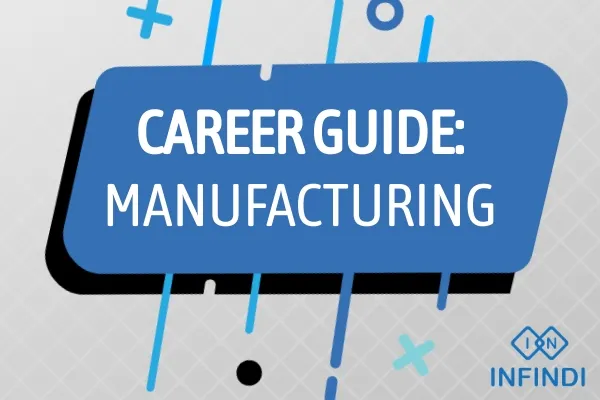For those with a passion for production processes, problem-solving, and contributing to tangible creations, careers in manufacturing offer a dynamic and essential path. Whether you’re an experienced manufacturing professional or someone exploring entry-level opportunities, understanding the intricacies of jobs in manufacturing is essential. This article aims to provide a comprehensive guide to manufacturing jobs, addressing duties, salary expectations, job descriptions, skills, qualifications, education and training requirements, experience prerequisites, frequently asked questions, and daily tasks.
1. Duties and Responsibilities
Manufacturing professionals play a crucial role in producing goods efficiently and maintaining quality standards. Common duties and responsibilities include:
- Production Planning: Planning and scheduling manufacturing processes.
- Quality Control: Ensuring products meet quality standards and specifications.
- Machine Operation: Operating and monitoring machinery for production.
- Process Improvement: Identifying and implementing efficiency improvements.
- Safety Compliance: Adhering to safety protocols and regulations.
2. Salary Expectations
The salary for jobs in manufacturing varies based on factors such as experience, specialization, and the industry. Entry-level positions may start at around $40,000 annually, while experienced manufacturing professionals in managerial or specialized roles can earn well over $80,000. Industries like automotive manufacturing, electronics, and aerospace tend to offer competitive salaries.
3. Possible Job Descriptions
Manufacturing roles encompass various positions, each contributing to different aspects of the production process:
- Production Supervisor: Overseeing and coordinating production activities.
- Quality Assurance Specialist: Ensuring products meet quality standards.
- Machine Operator: Operating machinery for manufacturing processes.
- Process Engineer: Analyzing and improving manufacturing processes.
- Plant Manager: Managing overall manufacturing operations.
4. Skills and Qualifications
Successful manufacturing professionals possess a combination of technical skills, attention to detail, and problem-solving abilities. Key skills include:
- Technical Proficiency: Operating machinery and understanding production processes.
- Quality Management: Implementing and maintaining quality control measures.
- Problem-Solving: Identifying and addressing issues in the production process.
- Attention to Detail: Ensuring precision and accuracy in manufacturing.
- Communication: Collaborating with team members and management.
5. Education and Training Requirements
Formal education is often beneficial for manufacturing jobs, typically requiring at least a high school diploma or equivalent. Some roles may require additional technical training or certifications in manufacturing processes. Advanced degrees or certifications in engineering or production management can enhance career prospects.
6. Experience Requirements
Entry into manufacturing jobs often involves gaining practical experience through internships, apprenticeships, or entry-level positions. Advancement to managerial or specialized roles may require several years of relevant manufacturing experience.
7. Frequently Asked Questions
Q: How does technology impact manufacturing jobs?
A: Technology has transformed manufacturing with innovations such as automation, robotics, and data analytics, enhancing efficiency and precision in production processes.
Q: Can manufacturing professionals specialize in specific industries?
A: Yes, manufacturing professionals often specialize in industries such as automotive, electronics, or aerospace, tailoring their skills to the unique requirements of the industry.
Q: What role does safety play in manufacturing careers?
A: Safety is a top priority in manufacturing careers to prevent accidents, injuries, and ensure compliance with occupational safety regulations.
8. Daily Tasks and To-Do Lists
The daily tasks of a manufacturing professional can vary based on their specific role and industry focus, but a typical to-do list may include:
- Planning and scheduling production activities.
- Operating machinery and monitoring production processes.
- Conducting quality control checks and ensuring standards are met.
- Collaborating with team members to address production issues.
- Implementing process improvements for increased efficiency.
In conclusion, a career in manufacturing offers a dynamic and hands-on journey for individuals dedicated to producing quality goods and driving efficient production processes. Whether you’re entering the manufacturing field or aiming for advancement, understanding the duties, qualifications, and daily tasks associated with manufacturing jobs will set you on the path to success. Explore opportunities, contribute to production excellence, and embark on a fulfilling career in the ever-evolving realm of manufacturing.

